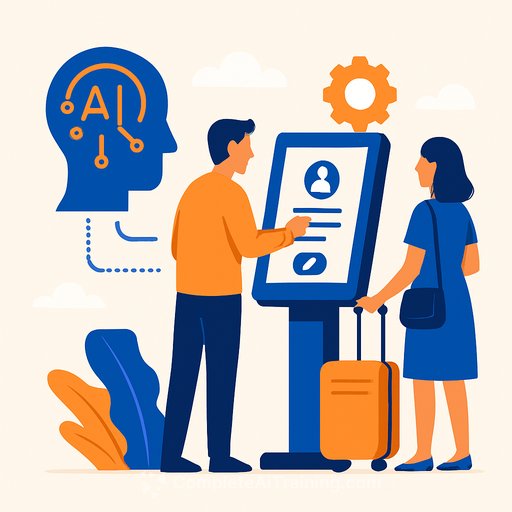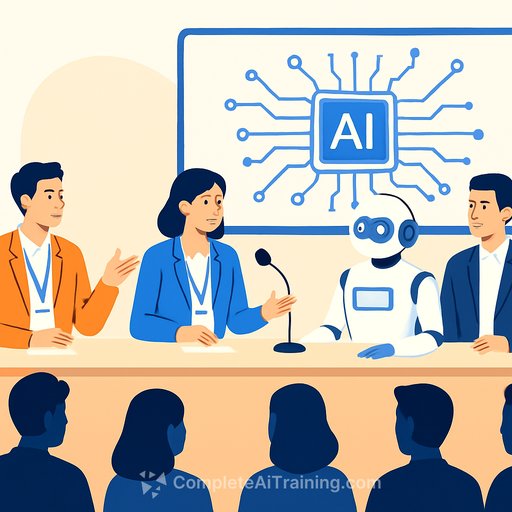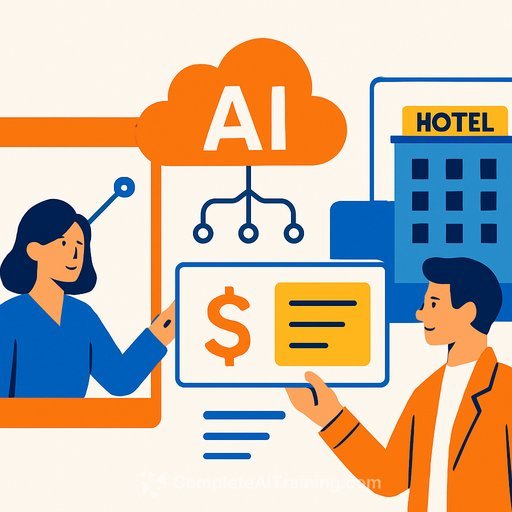52% of Hotel Guests Now Expect AI at Check-In
Even early this year, while airlines were still recovering from holiday travel surges and hotels faced economic uncertainties, conversations around generative artificial intelligence (AI) were gaining momentum. Both industries and their customers began considering how AI could change airport experiences, booking processes, and trip planning.
From Airlines to Hotels and Beyond
A recent report titled “At Your Service: Generative AI Arrives in Travel and Hospitality” highlights how airlines and hotels are already experimenting with generative AI. Airlines focus on improving passenger communication, while hotels aim to use AI for personalized marketing and customer support. Meanwhile, travelers show interest in delegating trip planning to AI but remain cautious about fully trusting these systems.
- 52% of hospitality customers expect generative AI to assist in customer interactions such as support and engagement.
- 56% of travelers would use AI for restaurant recommendations, viewing it as a digital concierge for dining and activities.
- By 2033, one-fifth of aviation maintenance technician roles may remain unfilled, with airlines looking at AI to help reduce troubleshooting time rather than replace mechanics.
These pilot projects show both the benefits and challenges of generative AI. For example, United Airlines uses an AI-powered text system to provide near real-time weather delay updates, which eases passenger frustration and allows staff to focus on other tasks. In hospitality, Serko teamed up with UneeQ to launch “Zena,” a ChatGPT-powered digital travel agent that converses naturally and recommends hotels and flights.
However, the speed and realism of AI can be exploited by fraudsters. Booking.com reported a 900% increase in travel scams over 18 months, many driven by AI-generated phishing emails and fake listings. This forces companies to carefully balance efficiency and personalization against the risk of customer distrust and fraud exposure.
Finding the Right Balance
The PYMNTS report also reveals that 70% of Americans would use AI to plan travel itineraries, favoring convenience over traditional methods. Still, travel agents warn that AI systems can overlook less popular destinations or provide incomplete information.
For hospitality and events professionals, generative AI is now part of everyday discussions. The key question is how much AI can replace human roles without diminishing the unique experiences guests value.
To stay ahead, hospitality professionals might consider exploring relevant AI training resources. For those interested, Complete AI Training offers courses on AI applications that could support customer service and operational efficiency in travel and hospitality.
Your membership also unlocks:





